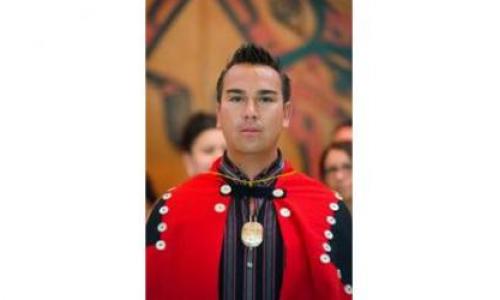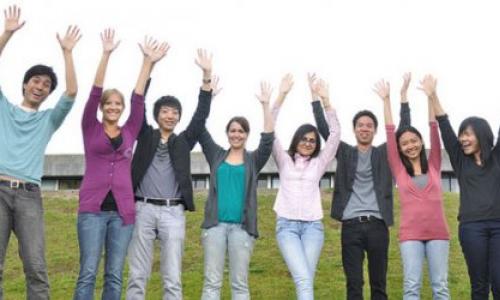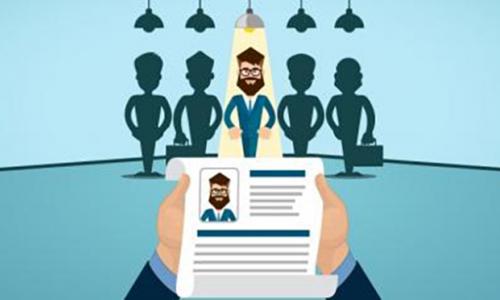
When I graduated from high school, I had a plan. I was going to get a degree and get a job. A degree, after all, was the only thing my family ever asked of me. Off I went into the world of post-secondary education, excited and full of whimsy.
Then it happened: The moment I realized school might not be for me, halfway through my first semester.
I had no idea why everyone was so intent on me going to school. I didn't get what the big deal was. It was then that I started thinking: Maybe everyone else doesn't know best.
I never once thought of taking a break or checking out different interests I might have – that seemed like a waste of time. I had my plan and I was going to stick to it. I continued with my studies (reluctantly) and I went on to my next plan. I was going to become a behavioural consultant and work with children on the autism spectrum.
My plan was all set, my classes were all chosen, and off I went to continue with my education before knowing very much about being a behavioural consultant. I didn't talk to anyone working in the field and I didn't know what I might be in for. Big mistake.
I eventually got a job working as a behaviour interventionist and I thought that I was on the right track. I chose a profession and I was going to work my way to it. The plan was in motion!
After about a year, I realized that I couldn't work in the field anymore. I failed to take into account the possibility that I might not be suited for a career as a behavioural consultant.
The idea of a plan was so ingrained into my head that I couldn't even think what I would do without one. Scrambling to make a new plan, someone told me, “why don't you just see where life takes you?” I had no clue what to even say to that. Why would I leave my future up to fate?
I had blinders on; focusing only on what I thought was part of my plan. I didn't think about how I could find something I was actually passionate about.
Why did I keep going to school even though I knew I was unhappy?
I thought things would get better. I thought I would learn to like it and I didn't want to disappoint my family.
Why did I continue to think of one set plan even when I knew it hadn't worked before?
That's all I knew how to do.
When think about our careers, we automatically assume the need to have a set goal and plan, because that's the message we’ve internalized. From a very young age, one of the first questions posed to us is “What are you going to be when you grow up?” Once we get too old for that question, it becomes, “What's your plan for the future?” The idea that there is just one thing to do as a grown up and just one plan to have once you're old enough is something that has been challenged extensively. Jim Bright and Robert Pryor set forth the idea of “shiftwork” in careers, 11 shifts in thinking for career services.
One of the “shifts” that really stands out to me is the idea of shifting from plans to having plans as well as continuously planning. Confused? Stay with me for a moment. Plans need to be modified. They should take into account everything that influences our life. Plans should always be changing, and it's better to have a planning process than a plan that is set in stone. Plans may be developed, redeveloped, deployed, and sometimes abandoned. The idea isn't to go into every moment in life blindly; it's to keep all options open and let your plan be as adaptable as needed.
So, what happened to me? I eventually let go of the idea of one set plan and kept my options open with every experience. I didn't let fate decide what I would do, rather, I let things happen and I continue to let influences around me affect my planning. I took a class on vocational counselling and I decided to find out if working in career services was a good fit for me. The more I dug into the field, the more I found that I could not only make a difference, but also do the things I am most passionate about.
Looking back at my journey, I see that everything that I did and everything I experienced was meaningful in my life. If it hadn't been for the experiences I loved (and the ones I didn't love as much), I wouldn't have seen where my passion was. Not only were all my experiences eye-opening, they were all telling me something I didn't want to hear:
“There is no plan.” I never once as a child thought, “I want to work in employment services,” but that's exactly where I ended up!
As much as I tried to have a plan and as much as I wanted everything to go in one direction, “The Plan” just didn't work for me.















